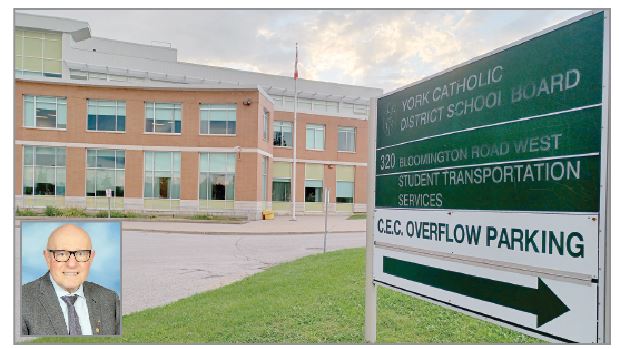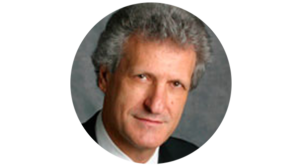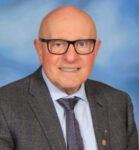Tone Deaf Senior Bureaucrats at School Boards
TORONTO – One week ago. Stephen Lecce seemed to signal to school boards in the Province of Ontario that they should get back to basics. We have a “plan”, he sermonized, “to boost literacy and math skills[…] we will do better to improve the skills that actually matter to the success of your child, from the classroom to the workforce”…
Good on him. As far as he and the general public is concerned, that should be the purpose of a government-sponsored curriculum. The job of its employees, no matter how high up they are on the career pole, is to “deliver” that societal and individual goal. Apparently additional money is not enough of an incentive.
Meanwhile, parents are demonstrating their “lack of confidence in the system” by withdrawing their children from the publicly funded schools. Look at the Toronto District School Board. Despite an annual budget of just under $3 Billion, the average daily enrollment (ADE) over the last five years has dropped from 242,430 to 226,624 students.
Nonetheless, Toronto is a Mecca for immigrants, who account for net population growth. Given the violence in the schools and outrageous examples of “vision statements” gone wrong, should any parent expect differently? That is the school system the Toronto Catholic District School Board’s (TCDSB) current Director, Brendan Brown, helped fashion.
Speaking of the TCDSB, like all Catholic District School Boards, it has a vision statement that includes a Constitutionally entrenched value system (Catholicism) whose adherents and/or admirers find attractive for their offspring. They have a Constitutionally authorized partner, the Magisterium (the Catholic Church hierarchy and its tenets), the Diocese. Some board members scoff at their obligations to observe that relationship.
Under Mr. Browne, the ADE has gone from 90,183 to 82,612 students. The TCDSB still received more than $1 Billion for the current academic year. Its partners in funding (Catholic electors, the diocese and the Ministry of Education) are absolutely right to ask if they are getting value for their money from the senior management entrusted with “making things work and that they work well”.
Typically, that involves clear lines of communication and observance of governance practices that shield the organization from the caprices of erstwhile self-seeking careerists entrusted with that noble task. In York Region, one of Ontario’s fastest growing “municipalities”, the school boards do not seem to have generated the required confidence for growth. Under director Domenic Scuglia, the York Catholic District School Board (YCDSB) is headed in the same direction as the TCDSB. Since being hired as Director, Mr. Scuglia (in the pic below, from YCDSB’ website) has overseen a drop in the ADE (student population) from 52,496 to 49,233 students – a collapse of 6.2%.
In 2020-21, YCDSB benefited from a one-time Funding Stabilization grant of $3,170,000 on top of the $532,492.00 it received for Covid Outbreak allocation.
“Careerists” usually gravitate to where they sense their service will be most rewarding personally. Mr. Scuglia, who last month resorted to calling police to quell parent delegations protesting what his rogue teachers were doing in the classroom on gender identity issues, is at it again. His manipulation of the events can not be applauded.
His characterization of what may have been sincere parental desires to “get back to the basics” on gender was a usurpation of parental authority as it was of the jurisdiction of trustees’ governance rights over policy.
Catholic schools have historically been “inclusive” environments for all children of the Catholic faith or whose parents applied to have their children attend because of what they offered.
Tomorrow, Mr. Scuglia will compel the discussion of “flying the flag”, even though the Executive Committee and the Chair said a policy already exists, no further discussion necessary.
By the way, in April 2022, Statistics Canada reported that as of the Census 2021, one in 300 Canadians beyond the age of 15 self-identified as non-heterosexual. That is one third of one percent of the population. In a typical elementary school, that might mean one student requires special accommodation. In a high school, given their size, the number may be three.
Make the accommodation but involve the parents. The schools belong to them, not to vocal lobbyists or to teachers.
(Part one of two)





